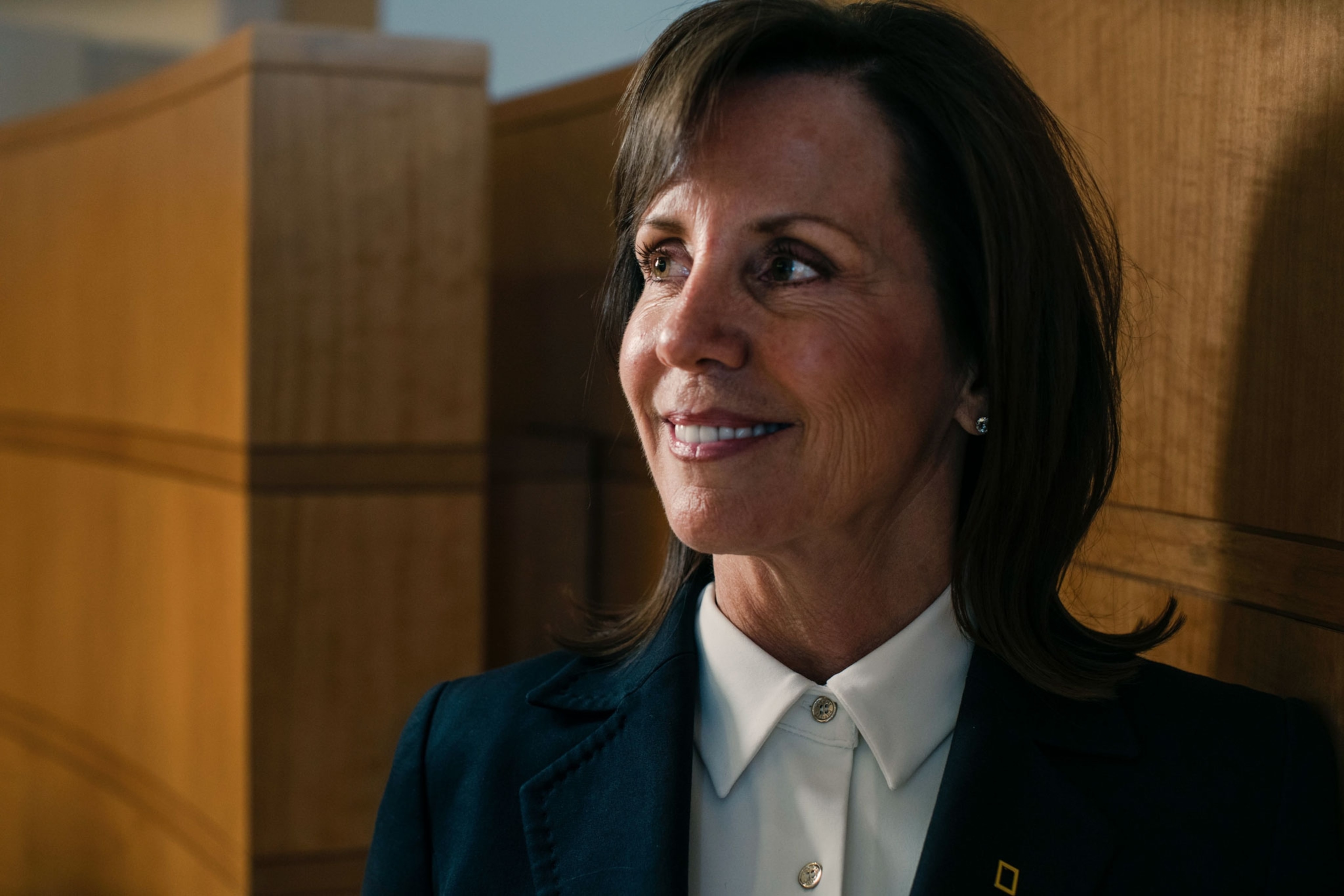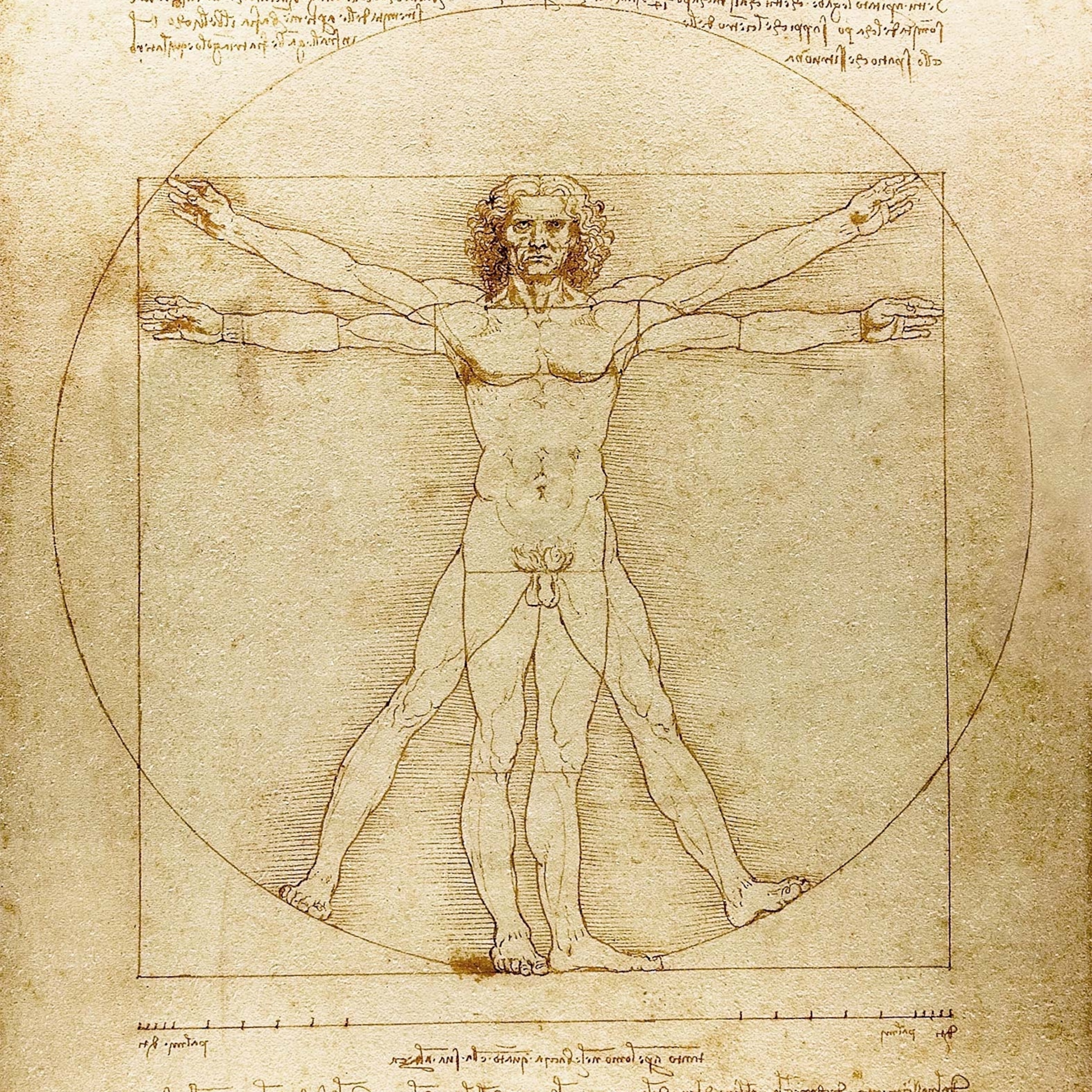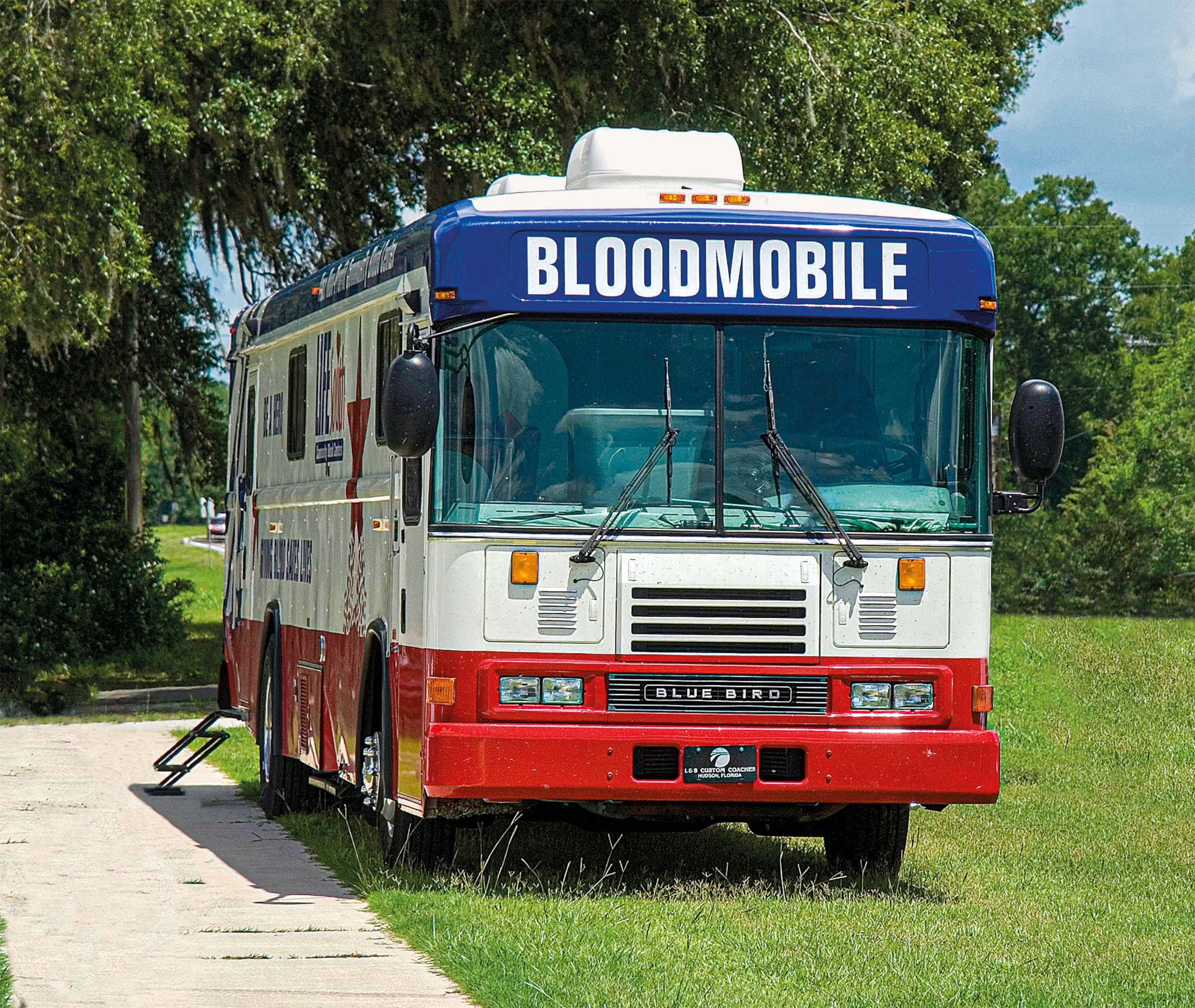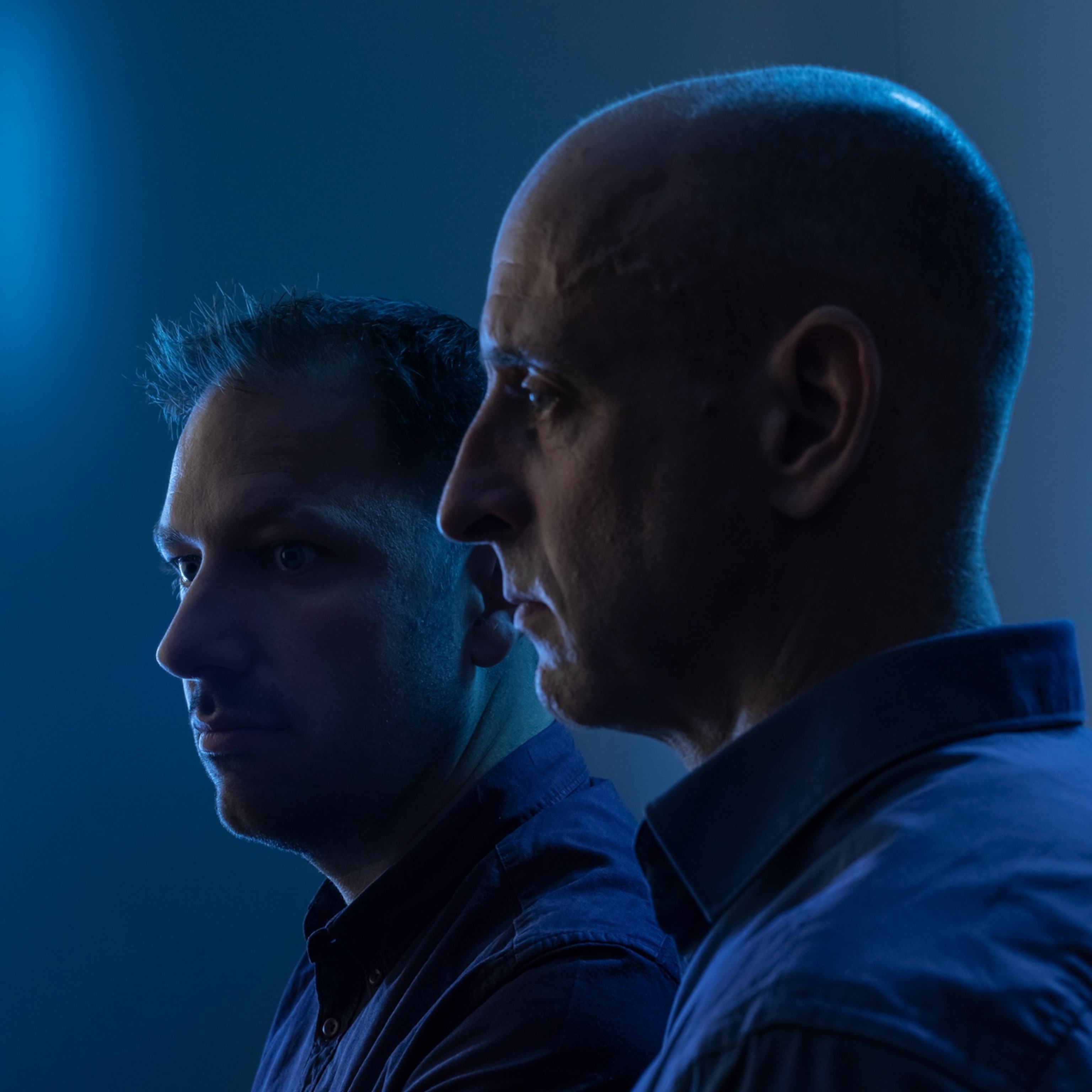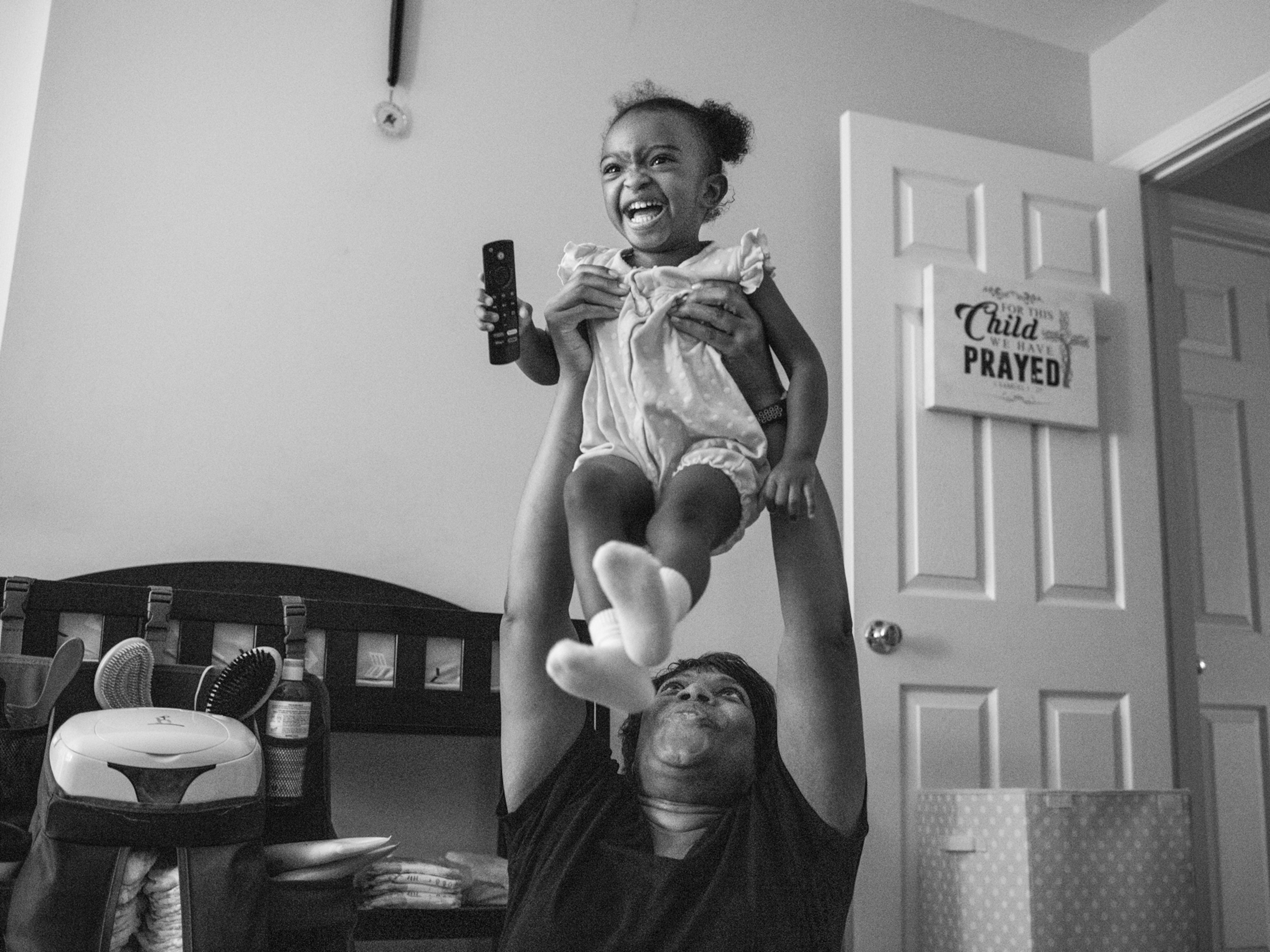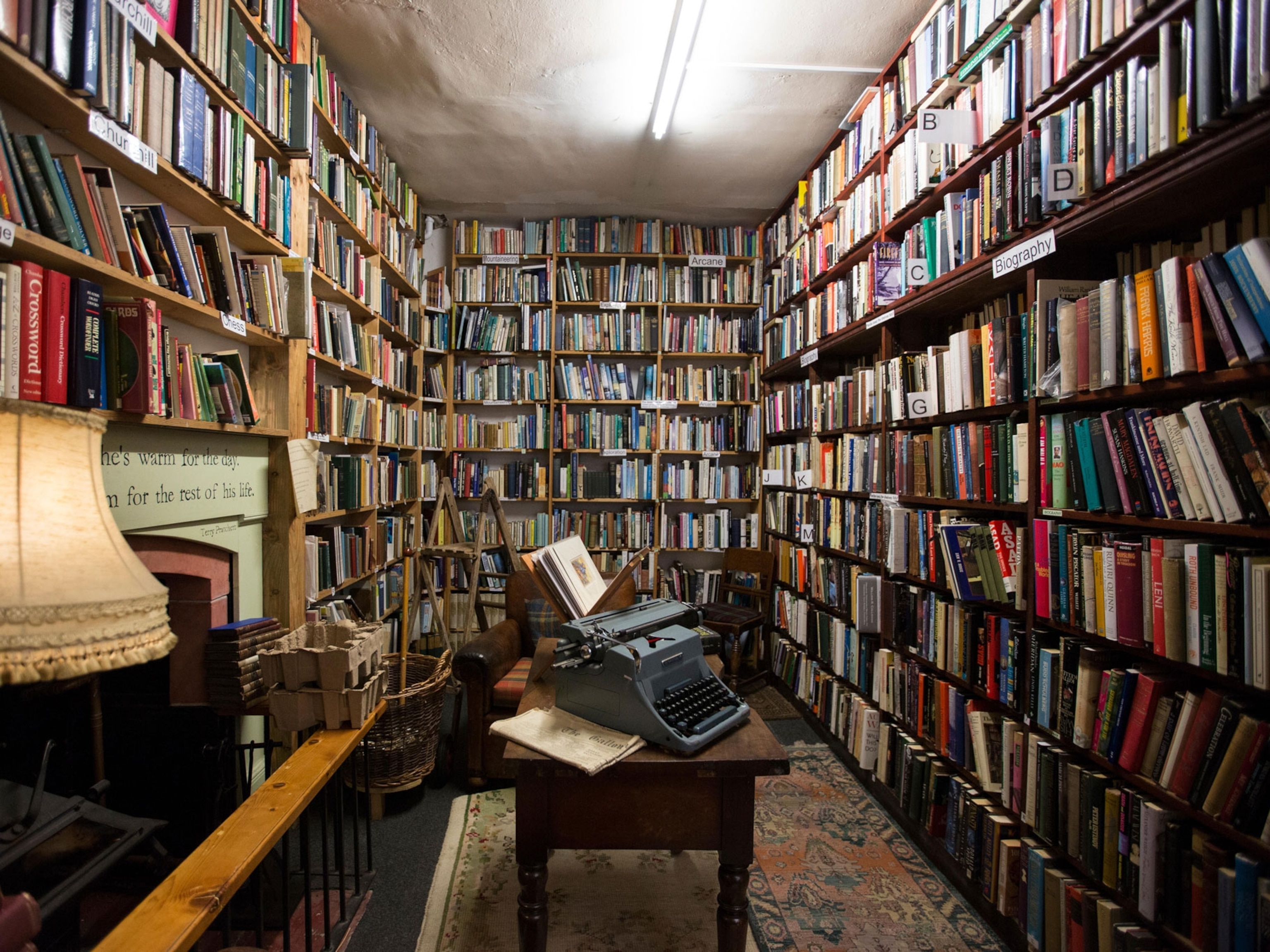As a child growing up in Normal, Illinois, Jean Case watched her single mother raise four children, her German immigrant grandparents run a small hotel, and astronauts land on the moon. This trifecta helped her develop a knack for risk-taking: whether it was hopping on board with an Internet start-up called America Online or cutting her losses on a failing venture. In her new book, Be Fearless, Case, who’s the chairman of National Geographic Society, profiles normal people who made a difference in the world as a framework for those wanting to follow their path.
In the introduction you talk about how your grandparents and other immigrants often have a unique perspective that inspires innovation. How have immigrants changed the status quo?
Certainly the story of America can’t be told without a nod to the contribution of immigrants from all over the world. Forty percent of our fortune 500 companies were started by immigrants or their families. A sense of urgency can be a motivator to do great things. Just like my grandparents who came without resources, immigrants come to America with a sense of starting their lives. I think there’s a certain hustle that comes from being an immigrant.
Do you have a favorite immigrant success story?
One of my favorite examples is Salva Dut, who was what we call “a lost boy,” but as he says, they were walking boys. He was a young person who found himself amid horrible violence in South Sudan and fled to a refugee camp. When he arrived in America, he described not having any familiarity with things like light switches. When he returned home he realized that dirty water had made his father ill. He made a commitment to bring clean water to villages. [Dut started an organization called Water for Sudan.] He’s a great example of someone who started with nothing and yet went on to do something extraordinary.
Was there someone you aspired to be like as a young adult?
I was just a little kid when Neil Armstrong took his first step on the moon. I remember being awed by the whole idea we could send people to space. I was glued to the TV. Later I had the privilege of watching the first space shuttle. I was inspired by the audacious big bet.
People everywhere have an idea of how to make a better world. What they lack is the belief that they can be the one to do it.Jean Case
A lot of the projects you mention show normal people stepping in to fill holes left by public services—what are the circumstances that foster innovation?
I think most innovation comes about because someone sees a problem and they see a solution. I open the book with a mental health practitioner. As the wars in Iraq and Afghanistan were raging, the mental health system was tapped. Barbara Van Dahlen came up with the idea of doing one free hour of care a week for veterans. Today, thousands of doctors are part of Give an Hour and $25 million in mental health services have been donated. The founder was named among Time’s 100 influential people around the world. She didn’t have an MBA or a large organization, but she looked around and saw the need. People everywhere have an idea of how to make a better world. What they lack is the belief that they can be the one to do it.
What was your most epic failure?
It was a clean water initiative. I launched it at the Clinton Global Initiative with former President Bill Clinton to my right and First Lady Laura Bush to my left. The idea was a child’s merry go round that would pull up clean water in villages in sub-Saharan Africa. We thought it was brilliant. But then we began to hear reports of challenges in the field. We tried to course correct, but ultimately concluded that we couldn’t go forward. We sat around the boardroom table and thought, can we sweep it under the rug? Is there an opportunity to pivot to something else? We decided to be very transparent so I wrote a blog called “The painful acknowledgement of coming up short.” What it led to was beautiful: We heard from colleagues across sectors saying thanks for being open. That set a new path, not to celebrate failure, but to share the lessons we learned from failure.
Do you have any favorite famous failure stories?
As I write in the book: fail in the footsteps of giants. We always hear about the success stories, but rarely do we hear about the failures. Oprah was told she just wasn’t right for TV. Steven Spielberg was rejected from film school. J.K. Rowling was rejected by a dozen publishers. If people better understood that most great things have a path lined with failures, it might help them push forward.
When I’m on college campuses I try to give my own failure resume, those really scary moments in life that made me question, is it all over now? I share that those daunting moments set up some bigger opportunity down the line. I think failure and fear isn’t acknowledged enough. People who’d achieved success don't feel comfortable acknowledging what didn’t go right. Even I feel vulnerable talking about all the things in life that didn’t work out. But it’s necessary.
In the book, you mention a Baltimore-based wedding dress seamstress who helped design an award-winning Ebola protection suit. How do diverse backgrounds breed innovation?
One of the principles in the book is reach beyond your bubble. USAID knew they had a challenge with the Ebola suit as the crisis was beginning. So they did a grand challenge and invited citizens everywhere to apply. A lot of scientists and doctors and those people steeped in the field took part. But a wedding dress designer named Jill Andrews thought she had something to bring. She didn’t know about Ebola but she did know about designing things—she knew how to help people get in and out of outfits. This had been a challenge of the Ebola suit. It’s so important to build unlikely partnerships because you never know what someone can bring.
You and your husband have made an effort to travel around the United States during this particularly divisive time: What are you seeking to learn?
Each year my husband and I take an RV into communities that are lesser known. We don't think you have to travel around the world to meet people different than you are. Whether we like it or not, we all have biases and sometimes we don’t even realize them. It’s essential to hear what people are feeling around the country—which we don't hear in Washington, D.C.—and it reminds us that America is a result of a lot of people coming together. It’s during some of the darkest periods that some of the greatest innovations come forward. Let urgency conquer fear. Martin Luther King, Jr., called it the “fierce urgency of now.” For anyone out there who wants to see change, there’s never been a better time to jump in.
This interview was edited for length and clarity.
